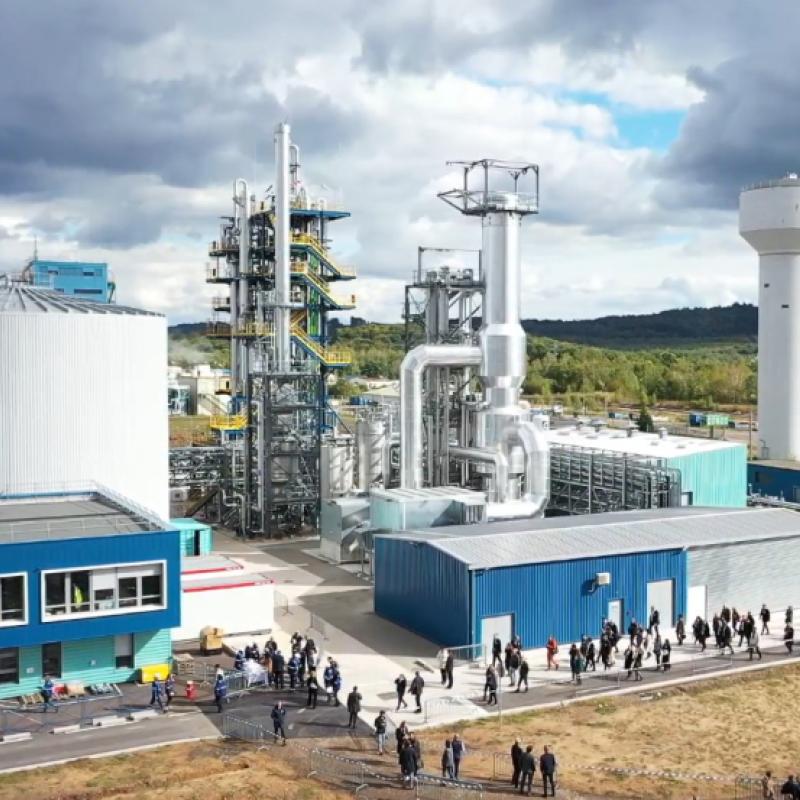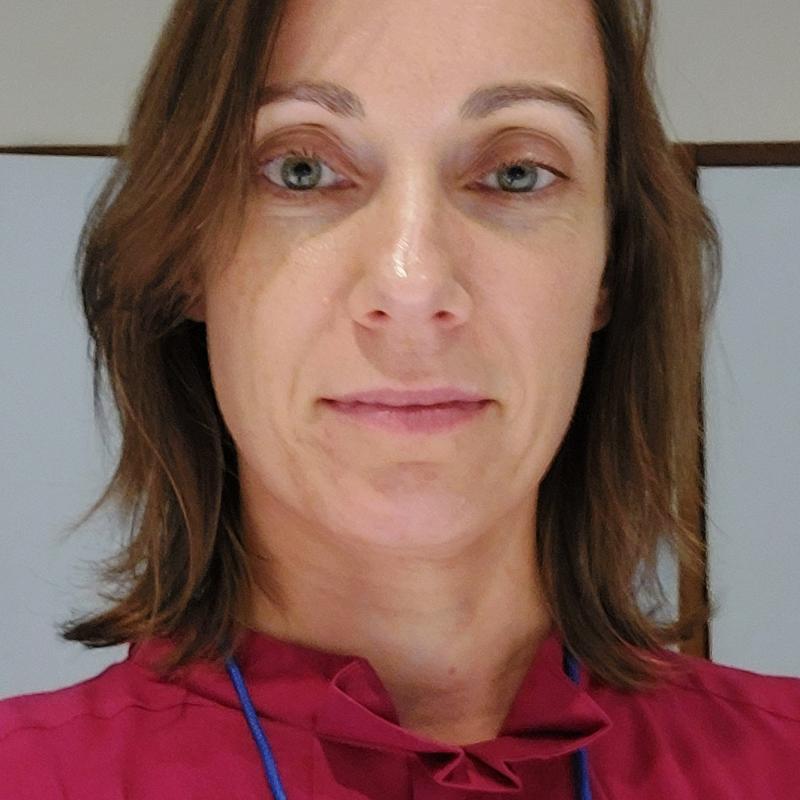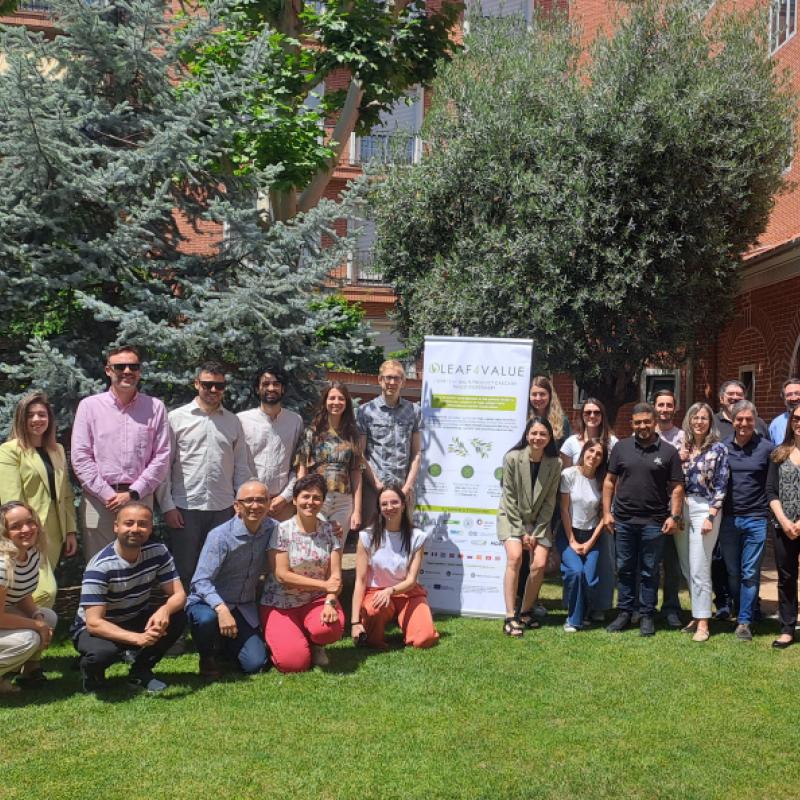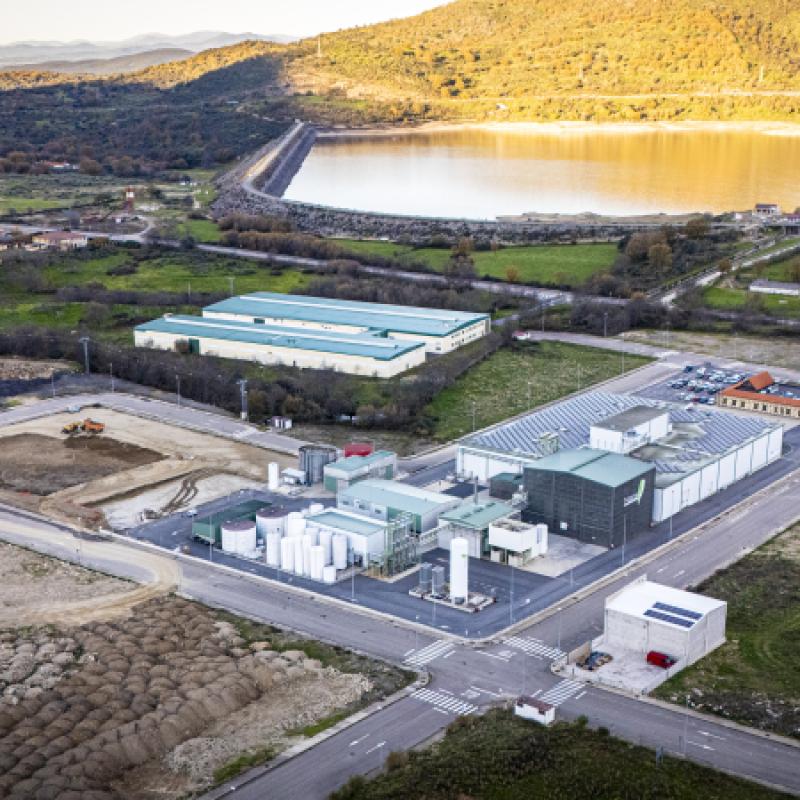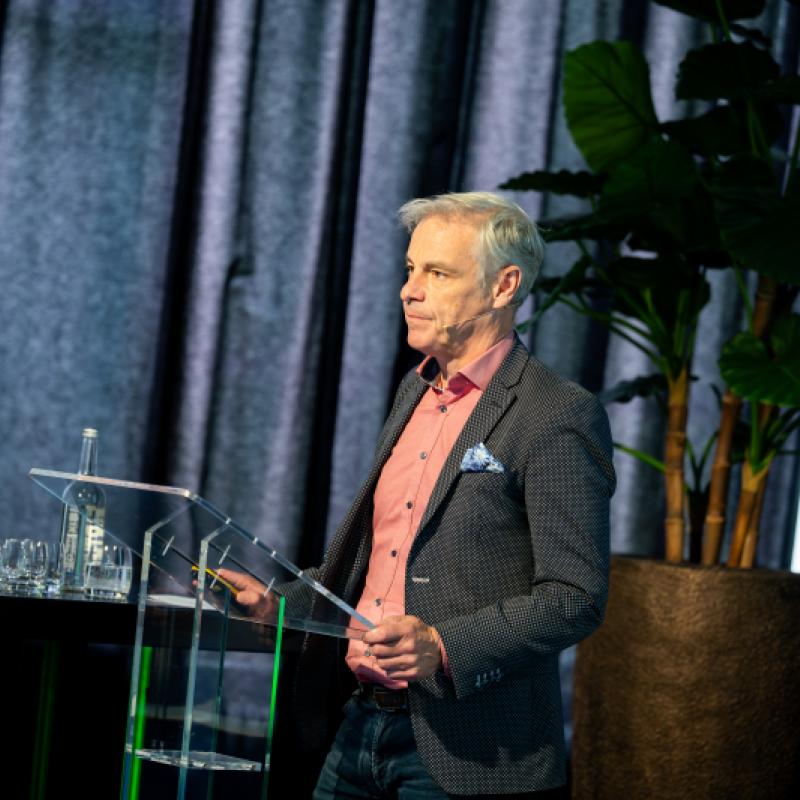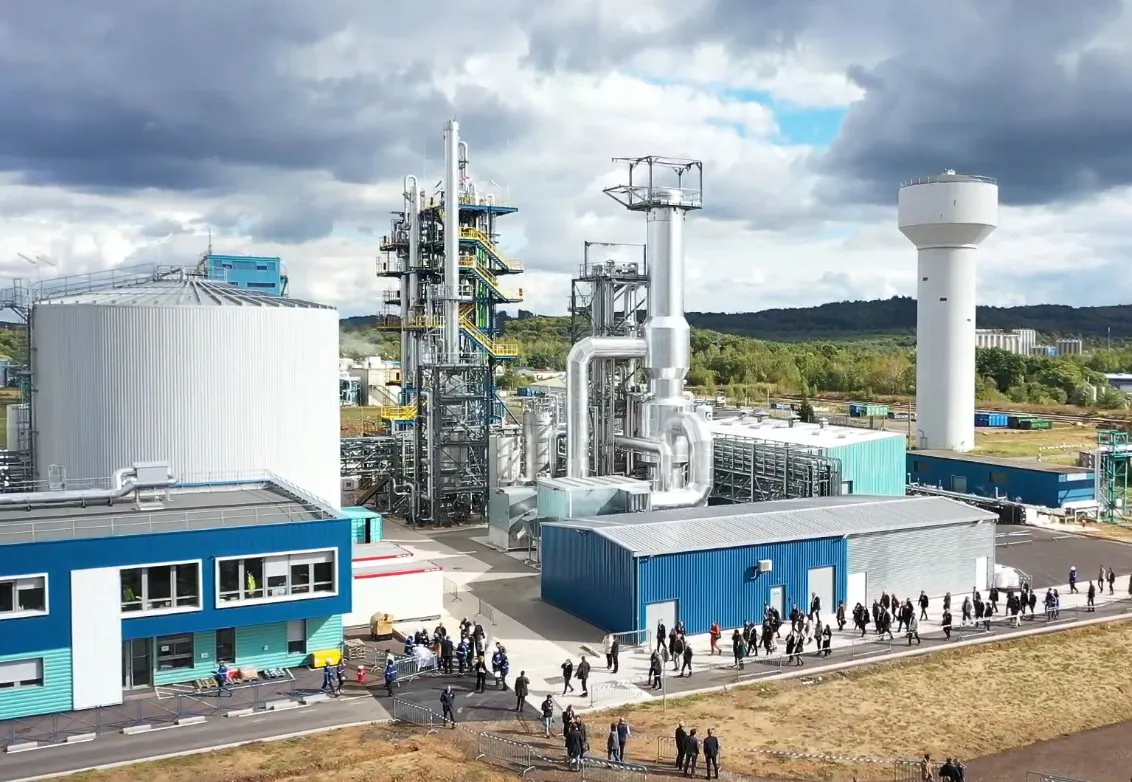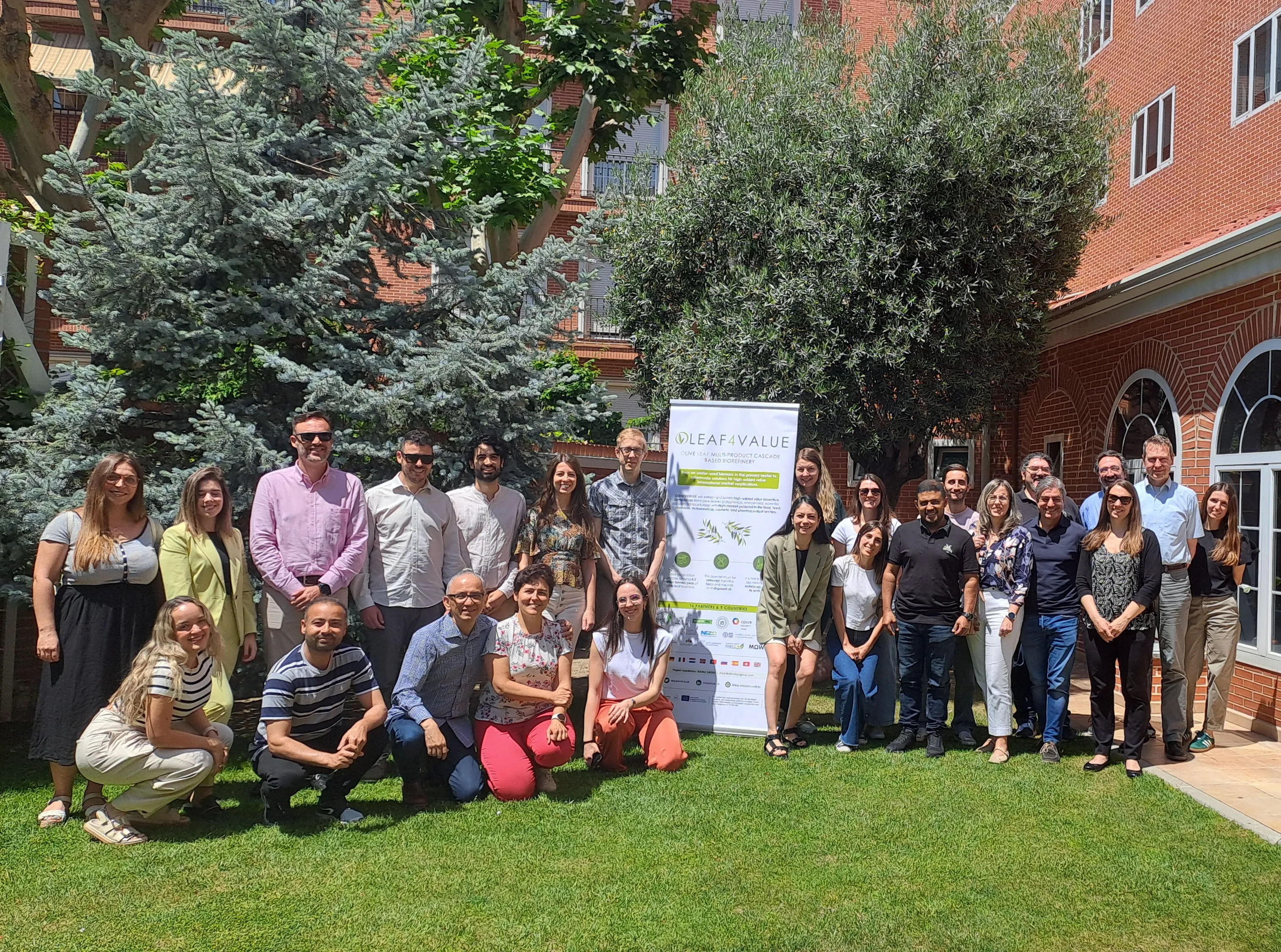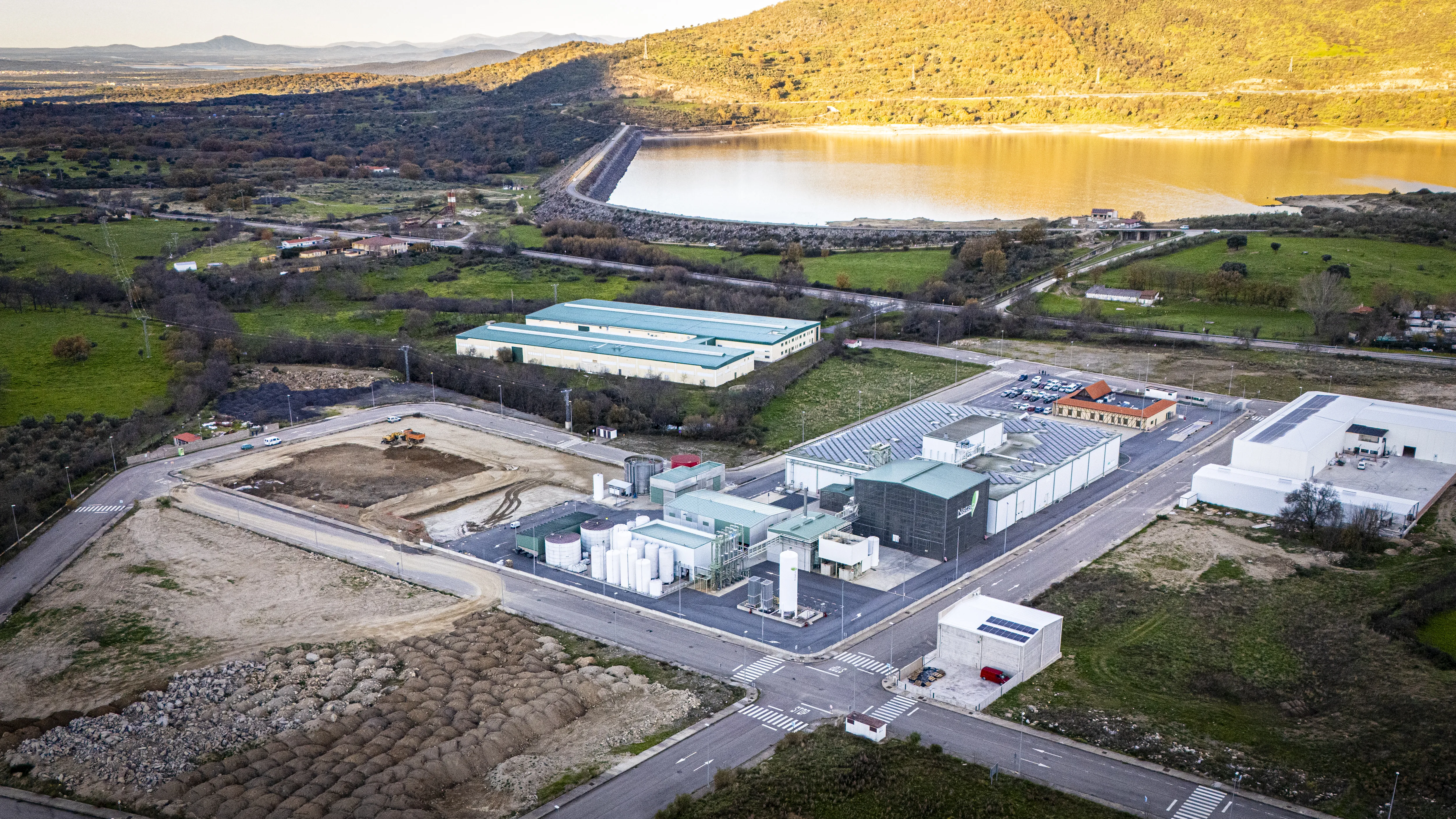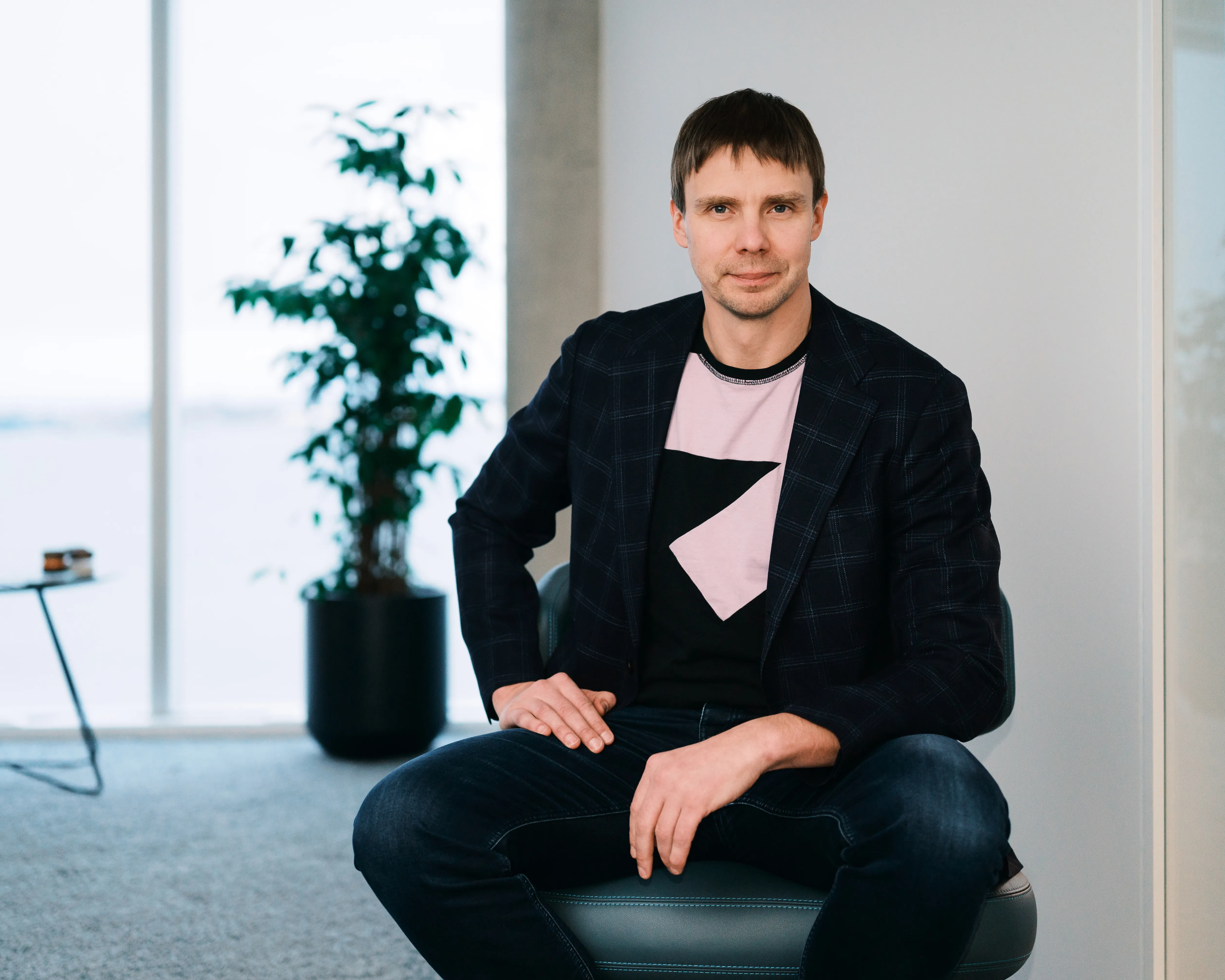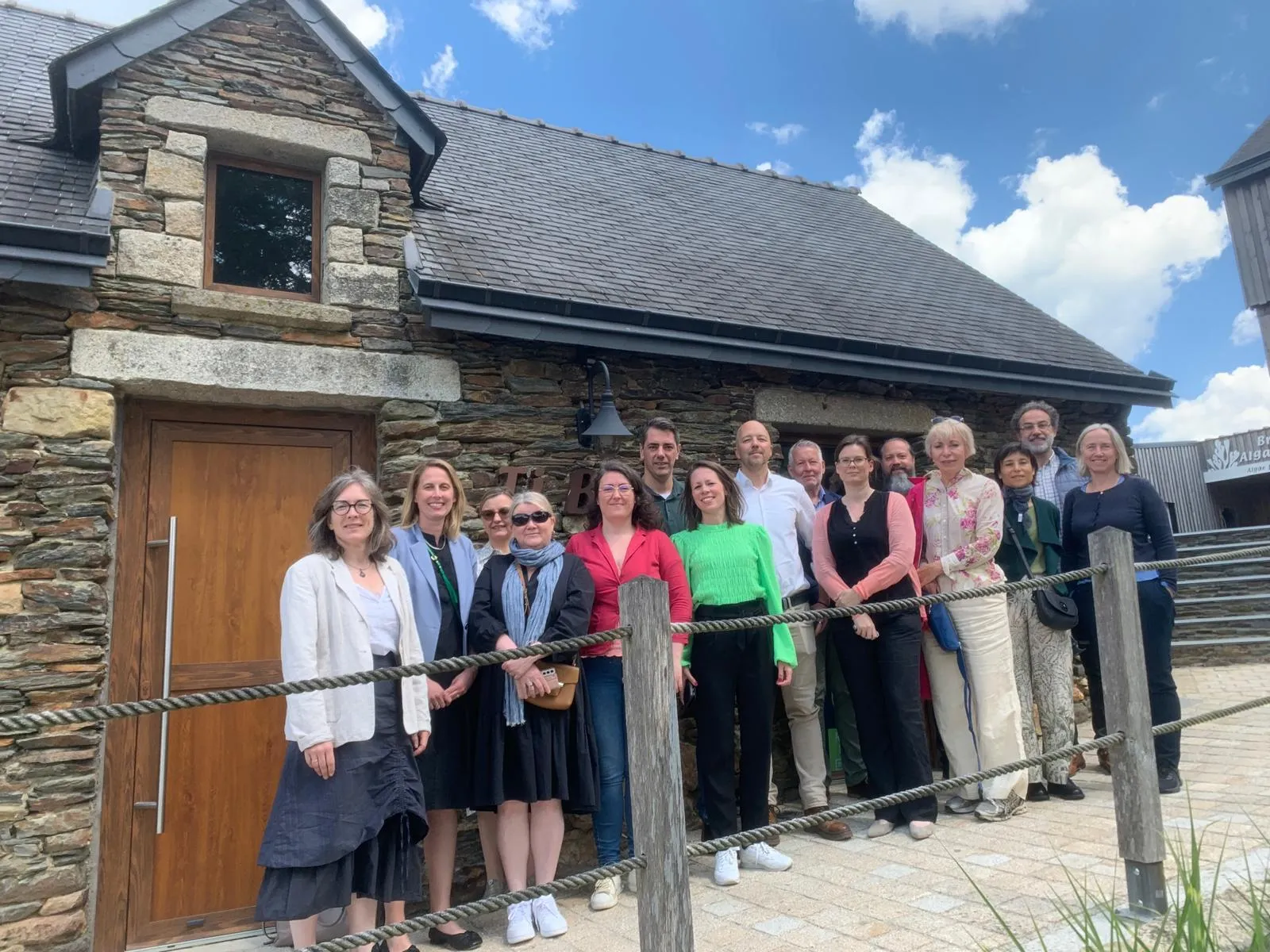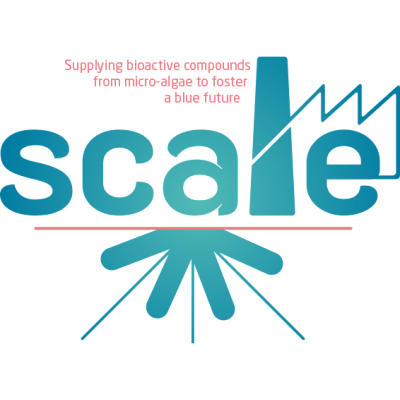Since 2014, CBE JU recognises this crucial role. Out of the 3109 participants involved in CBE JU-funded projects 39% are SMEs, receiving 38% of the total allocated funding.
In 2025, the CBE JU project portfolio expanded to 220 projects. In the last call for project proposals, SME participation remained high, representing 32% of project participants. Their strong and consistent engagement underscores CBE JU’s role in fostering SME-driven innovation and growth, enabling them to scale technologies, expand market reach and drive Europe’s green transition.
A track record of impact
When looking at the combined efforts of CBE JU and its predecessor, the Bio-based Industries Joint Undertaking (BBI JU), the impact becomes visible:
One-third of all applicants across both programmes are SMEs.
These SMEs have secured 38% of the total funding.
Nearly every second Innovation Action (IA) and IA-Flagship (IA-Flag) project is coordinated by an SME.
SMEs provide specialised expertise across various sectors, including chemicals, food, feed, materials, engineering, construction, waste management, recycling, plastics packaging, agriculture and aquaculture.
From KPIs to real-world change
Although some BBI JU projects are still ongoing, the programme underwent a KPI evaluation in 2024 and demonstrated a strong track record of success. An analysis of its outcomes confirmed the significant and lasting contribution of SMEs to Europe's bioeconomy:
199 SMEs introduced innovations to their companies.
240 SMEs launched market-first developments.
SMEs turnover reached €14.3 billion.
Significant job creation was recorded across participating regions.
These figures underscore the exceptional ability of SMEs to translate research into tangible commercial success and social impact within the bioeconomy sector.
By expanding access to funding, testing facilities and collaborative networks, the CBE JU programme continues to provide targeted support to SMEs, addressing their current needs and enabling their growth within the bio-based economy. For many SMEs and especially start-ups, which often lack the internal infrastructure to scale their research capabilities, access to shared testing and pilot facilities is essential. This support strengthens their capacity to innovate and integrates them more effectively into European research and industrial ecosystems.
Empowering the European bioeconomy
In France, the AFTERBIOCHEM project is proving how small companies can lead big change. Backed by €20 million in CBE JU funding, 12 partners and led by an SME, AFYREN NEOXY, the project has built a pioneering biorefinery that converts sugar beet residues into seven bio-based organic acids used in everything from food to fragrances, while also producing a potassium-rich fertiliser as a circular economy by-product. Beyond creating 80 direct and 200 indirect local jobs, this initiative is a driver for regional growth.
AFTERBIOCHEM is a true catalyst in the construction of our industrial plant AFYREN NEOXY. It was a great opportunity for us to coordinate such a large consortium of outstanding companies with a focus on bioeconomy. We are really proud of the consortium’s achievements and determined to make this a durable industrial success. By duplicating the flagship biorefinery in Europe and the world, we will develop additional circular and low-carbon bioeconomy models. We are very thankful to CBE-JU and the European Union for their longstanding support.
Nicolas Sordet, CEO of AFYREN NEOXY
On a broader European stage, AFTERBIOCHEM is driving a green chemistry revolution, which can cut fossil fuel dependence and enable a sustainable bio-based industry that spans several countries. With an impressive annual CO2 reduction estimated at 30,000 tonnes, the project showcases the transformative power of SMEs to innovate and create sustainable solutions that fuel collaboration, growth and a greener future across Europe.
Building on collaborative innovation and circular bioeconomy principles, projects like SCALE are tackling regional gaps in scale-up infrastructure while expanding sustainable biorefineries across Europe. The project, led by another SME, MICROPHYT, built a first-of-its-kind microalgae biorefinery in Baillargues, southern France. It produces high-value ingredients for food, cosmetics and animal feed, while creating 40 local jobs and offering young professionals new career pathways in a rural setting. This is SME-led regional development in action.
More than just partners, SMEs are central to the programme’s mission as they bring proprietary technologies, supply niche expertise across diverse sectors, and play a vital role in translating research into industrial reality, driving Europe’s leadership in the global bioeconomy. Projects like MULTIPLY are taking this approach further by demonstrating economically feasible and environmentally sustainable microalgae cultivation and biorefinery processes tailored to produce high-value algal ingredients. These mid-range products for the food, feed, biomaterials, lubricants and cosmetics industries are made from five microalgae species in Lisbon, Portugal. In addition to technology developers and end users, MULTIPLY brings together a broad consortium of microalgae producers from southern and northern Europe, led by the SME Algae for Future (A4F) and supported by top research institutes and universities.
The innovative concept of the MULTIPLY project could not be implemented without the contribution and support of CBE JU, given the need to bring together a large set of innovators from complementary scientific areas and the significant investment required for technology development and scale-up. CBE JU funding allows to accelerate the innovation process in the microalgae sector for a faster market development of algae-based products, fostering microalgae-based solutions for a greener future.
Laura Monteiro, Project’s Acquisition Team Leader at A4F
This cooperative model is a perfect example of how regional knowledge, scientific expertise and industrial leadership can come together to drive innovation, lower production costs and accelarate the European market adoption of sustainable bioproducts.
A case in point is the SME NATAC, which has two innovative CBE JU-funded projects that showcase how circular bioeconomy models can revitalise rural regions. Through SUSTAINEXT, NATAC is transforming an existing facility in Extremadura, Spain, into a digital, circular biorefinery that extracts high-value compounds from local medicinal and aromatic plants for applications in food, animal feed, cosmetics and chemicals. This allows the creation of new business opportunities and drives rural development. In addition, OLEAF4VALUE developed a complete valorisation system for olive leaves, an underused by-product of the olive oil industry. By introducing a novel zero-waste biorefinery concept and using green technologies, the project successfully produced prototypes for sectors such as food, health, cosmetics and chemicals, with strong collaboration across nine European countries.
As an SME, these projects – SUSTAINEXT and OLEAF4VALUE – have significantly strengthened our position at the forefront of the botanical extracts and bio-based industries, proving that a sustainability-driven model can also be commercially viable and scalable. But beyond technological progress, what stands out is the power of collaboration. By working closely with partners across the entire value chain, from farmers to international brand owners, we’ve fostered innovation, generated impactful scientific results, and advanced the bioeconomy as a whole.
José María Pinilla Rosas, NATAC Head of Project Management
Collaboration between SMEs, public support sector and local stakeholders is the engine driving Europe’s bio-based transition, as seen in Spain, where inclusive, SME-led innovation has sparked rural regeneration.
This work has also had a very tangible impact in our home region of Extremadura. Including all stakeholders in the process has been key to creating economic opportunities in rural areas and demonstrating how SMEs can lead meaningful, systemic change when given the right tools and support.
José María Pinilla Rosas, NATAC Head of Project Management
UK-based food-tech company ENOUGH is pioneering sustainable protein production through its flagship ABUNDA mycoprotein, a nutritious, fungi-based meat alternative created via large-scale fermentation. Through the CBE JU-funded PLENITUDE project, ENOUGH was able to scale up its production and now operates the world’s largest mycoprotein facility in the Netherlands, with ambitions to produce over one million tonnes by 2032. With impressive lower environmental impacts compared to traditional meat - using up to 99% less water and producing up to 95% fewer emissions - PLENITUDE is leading a major shift in protein production and its innovation is helping reshape the future of food.
As a scale up company, leading a large public-private initiative in sustainable protein, the entire supply chain benefits. This allows faster innovation and collaboration brings together diverse partners under a shared vision. In the context of the circular economy, this fosters not only technical breakthroughs but also trust, transparency, and long-term alignment across sectors. It has also successfully allowed leverage of private funding to build first of its kind facility in Sas van Gent.
Craig Johnston Co-founder and CTO Enough
Meanwhile, SWEETWOODS in Estonia showed how funding enables SMEs like Fibenol to scale breakthrough technologies. Their pioneering biorefinery transforms over 90% of feedstock from wood residues into functional bio-based chemicals at an industrial scale. The model has proven so successful that it is now being replicated in Latvia, where a new biorefinery is planned for construction in Valmiera. This facility is expected to create around 100 new jobs and deliver a significant economic boost to the region.
The bioeconomy can only thrive if the public and private sectors work together. With the SWEETWOODS project, supported by CBE JU, we’ve shown what’s possible when collaboration meets innovation. Getting a first-of-its-kind biorefinery up and running is just the beginning — now we need more real examples, and a shared commitment to help them scale. That means a shift in mindset and regulations, so the bioeconomy becomes a core part of how materials and chemicals are made.
Peep Pitk, Chief Development Officer at Fibenol
A bit further north, in Avaldsnes, Norway, PROTEUS is pioneering the future of marine bioresources and enabling SMEs like Alginor to lead the way. With the support of CBE JU, the project aims to launch the first fully integrated industrial biorefinery for brown seaweeds. Using formaldehyde-free harvesting and extraction methods, this iniative is setting a new standard in eco-friendly marine processing.
The CBE JU support allows us to advance our mission of unlocking the full potential of marine bioresources in a sustainable and efficient manner. PROTEUS will thereby contribute to EU and global environmental and climate objectives through the deployment of these products across key application sectors, including food, feed, personal care, and bio-based industrial markets. Supported by CBE JU funding, we can invest and advance in innovative research, optimise our facilities and supply chains, and create high-quality jobs.
Ilka Czech, Business Development and Innovation Manager at Alginor
These CBE-JU-funded projects illustrate how investments, cooperation and innovation can unlock the bioeconomy's full potential in Europe, facilitating the scaling up of circular solutions and promoting sustainable growth. These success stories demonstrate that SMEs not only contribute, but also drive Europe's green transition when equipped with the tools and confidence to lead. In supporting SMEs, CBE JU is not simply helping to bring innovation from lab to market; it’s investing in Europe’s sustainable, resilient and competitive future.

